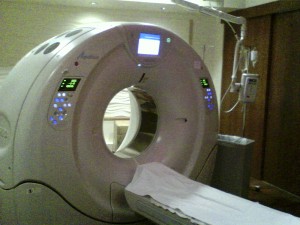As long-time readers know, I take issue with a number of high-profile “wellness warriors” and anti-science advocates who claim to offer “natural,” “holistic,” or simply “alternative” treatments that can cure cancer or prevent it entirely. Chief among these are Chris Wark and Ty Bollinger, two people with absolutely no scientific or medical training and tons of bad advice. They are part of a large network of disreputable and largely discredited hucksters, many of whom get by on their claims by offering just the tiniest shred of truth mixed in with their hyperbole and insidious messages. They thrive in our increasingly anti-intellectual culture, where headlines and sound bytes sway their customers and their “fan base” into believing that there is substance to their messages. This is why, more than ever, it is essential to take a critical approach to all the medical headlines that are presented, and especially those making extraordinary claims.
The well-established and professionally vetted website, Healthline, has a very good primer on the subject of spotting fake medical news. It could hardly be more topical. There is nary a day that goes by when some website or other isn’t making absurd claims about the latest health craze or danger. Whether it is bloating the risks of GMO foods or misrepresenting the cancer risk from eating red or processed meat, there are more sources out there in the ether intent upon cherry picking data or simply removing it from context in order to sell their point than there are serious outlets for the reporting of science news. Part of the problem with this is that science news isn’t usually considered very sexy or commercial, but a bigger problem is that it is generally difficult for most people to fully understand.
And capitalizing on that, we have opportunists like Chris Wark, a self-proclaimed guru on defeating cancer without chemotherapy. Duly note, of course, that Mr. Wark was cured through surgical intervention and, while chemotherapy was recommended as an adjunctive treatment to lower the risk of future metastasis, there was no indication that he had any actual, existing metastases that needed treatment. To put it bluntly, he was one of the lucky colon cancer patients who had it all taken out without any recurrence. This had nothing to do with whether or not he received chemotherapy, and there is no way of knowing how he would have responded to such treatment or whether his “lifestyle” choices have had any bearing whatsoever on his post-surgical health. Continue reading Common Sense, Clarity and Wellness Warrior Lies




